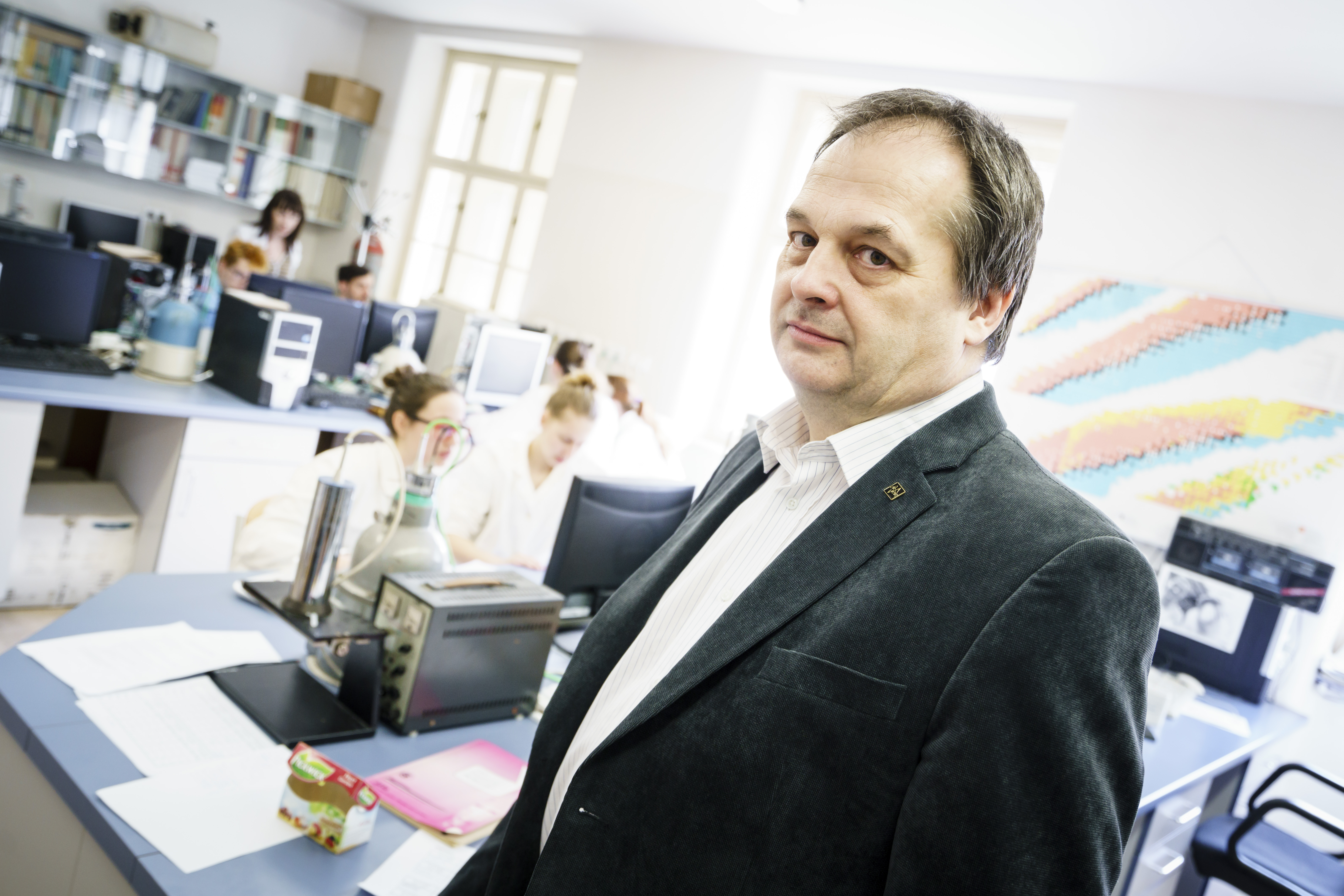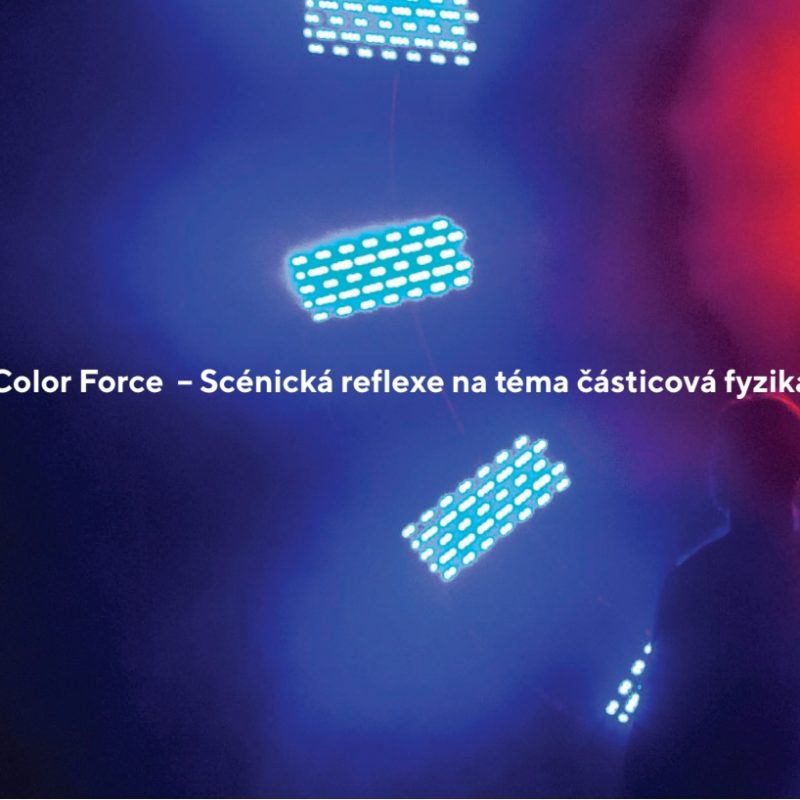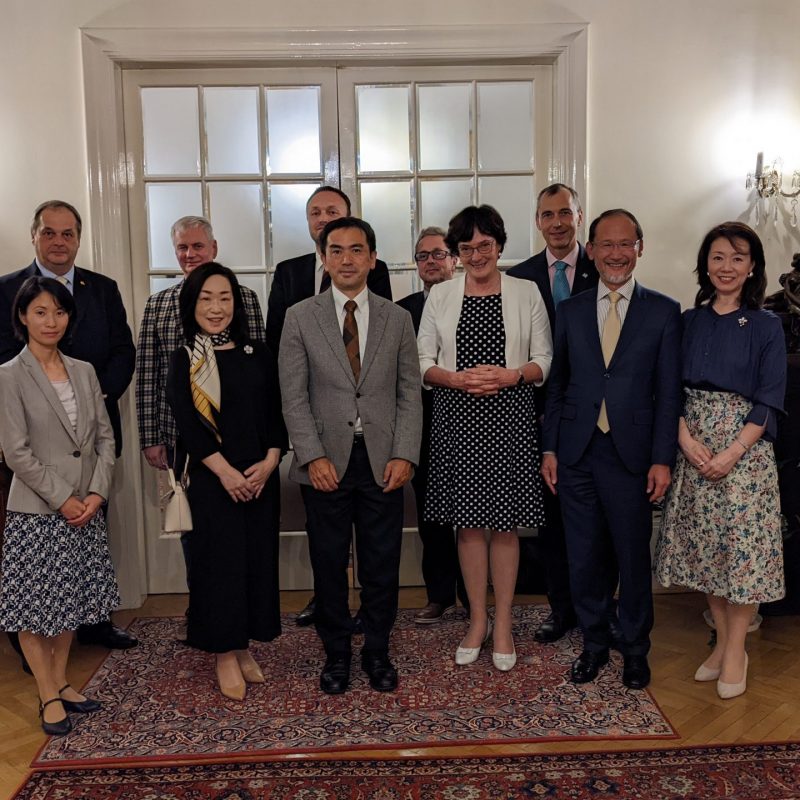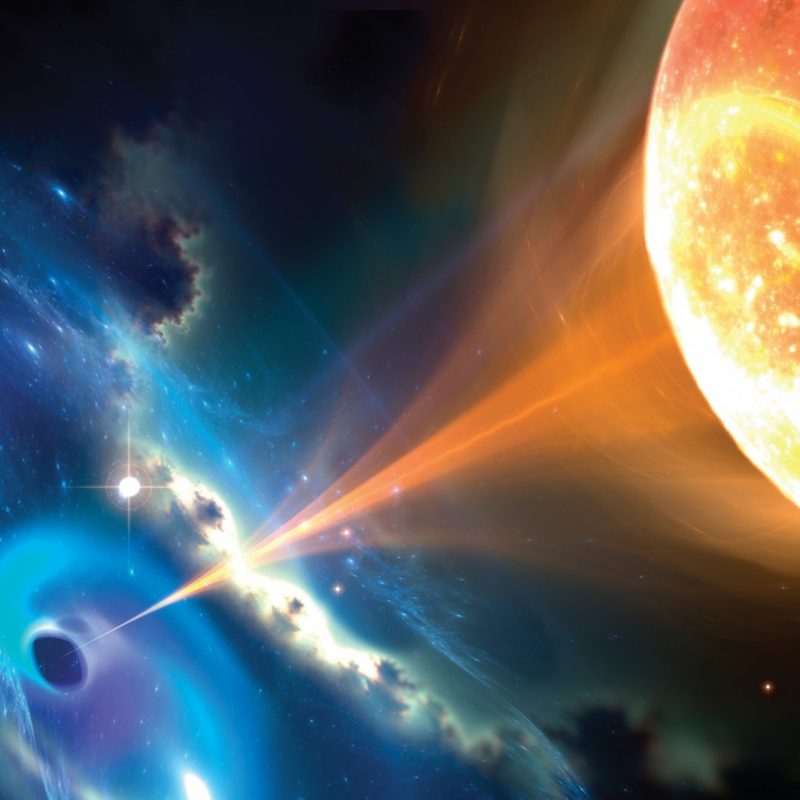CHEMISTRY
Nuclear chemistry
The Nuclear Chemistry program will be focused on the study of chemical effects initiated by radiation or related to the decay of atomic nuclei. The team will further develop international collaboration with CERN (via the Crystal Clear Collaboration and COST FAST), JINR Dubna and Université Pierre et Marie Curie. The Nuclear Chemistry group participates in cutting edge research within the development of ultrafast detectors, study of the origins of life or the design and synthesis of advanced radiopharmaceuticals. Nuclear Chemistry is studied at FNSPE (http://jaderna-chemie.cz/index.php?kjch=uvod_en) which is the only place in Czech Republic with this specialization.
It consists of three research groups representing three sub-programs:
A) Advanced materials (Jan Bárta)
B) Advanced processes (Martin Ferus)
C) Chemical support for material sciences (Barbora Drtinová)
COOPERATING ENTITIES
WITHIN THE PROGRAM
PROGRAM COORDINATOR
doc. Ing. Václav Čuba, Ph.D.
news from the program





